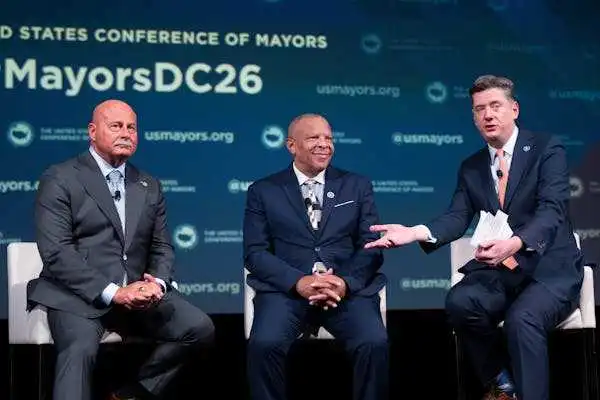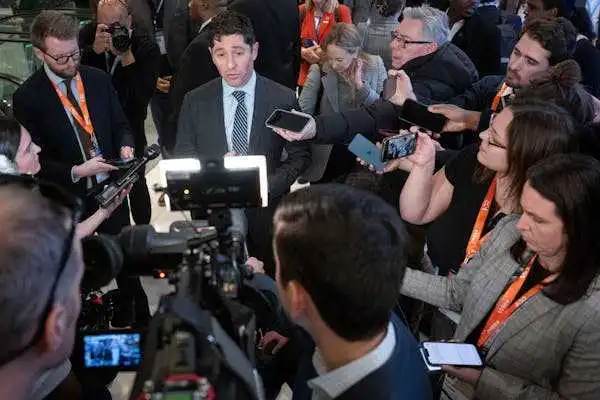Every generation has some habits and behaviors that give identity to it. What we eat, use for entertainment, our careers, and what subjects are taboo all tightly connect us to where and when we were born. The Boomer generation has some very strong opinions and values that characterize it. Gen Z doesn’t much care to follow in those foot steps.
Boomers were born into the late 40’s early 50’s. It was a time of national pride and optimism. The United States exited World War 2 with unprecedented economic growth. Americans were focused on raising a family, carving out careers, building a home, and laying down the framework to have a comfortable future.

Under this umbrella of good fortune, Boomers found strong communal bonds and shared goals. They also collectively picked up some habits that matched well with the philosophies of the time. Boomers approach breakfast, visual entertainment, music, careers, and taboo topics very differently than Gen Z:
Breakfast

It’s important to start the day off with fuel to get the body in motion. A solid breakfast is the staple start of the day for any Boomer. In 1952, Kellogg’s introduced Sugar Frosted Flakes and the cereal boom was on. The Guardian writes that a convenient and easy to prepare breakfast with delicious sugariness was hard to resist. Marketed through the power of brand advertising, commercials made sure cereal was in every Boomer’s home.
Gen Z put the cereal down. While often even skipping breakfast entirely, YouGov reports this younger generation prefers lighter and quicker options for breakfast. They love milk and coffee to get the day off right, but it’s the influence of plant-based specialty beverages that are gaining in popularity. With morning shakes of almond milk and plant based proteins, ready-to-drink shaker bottles have Gen Z and their breakfast on the go.
Visual Entertainment

Black and white television, comic books, and most importantly, movie theaters. Boomers love the movies and there’s a reason, they can be great. OKA breaks down the films boomers grew up with like Exorcist, Young Frankenstein, Chinatown, Cool Hand Luke, Butch Cassidy and the Sundance Kid, Jaws, and so many more. With grit and confrontational realism, Boomers are ready to sit down and invest hours to witness an incredible story unfold.
Not Gen Z. Short form content is here to stay. With platforms like YouTube and TikTok, quick bite-sized videos are the preferred normal. Wired described a trend toward more authentic experiences. With photo-sharing apps and live share sites such as Twitch and Discord, Gen Z want immediate, live entertainment that’s easily accessed.
Music

Boomers grew up through the birth of rock-n-roll and the psychedelic era. Their music tastes are rooted in the 60’s and 70’s with record players spinning their favorite vinyl. Growing up through brilliant bands such as The Beatles, The Eagles, Pink Floyd, The Rolling Stones, Janis Joplin, Rush, and so many more. (There’s some country greats in there too. Please take no offense from this writer.) Audio Ink Radio said Pink Floyd, “… became one of the most influential psychedelic rock bands of all time. Their albums are really a trip, and every one of them is legendary and takes the listener on a journey.” Boomers love music and aren’t afraid to pay for their favorite album.
Gen Z welcomes the digital age. Having access to so many versions of music at the click of a button, their tastes are not linked to any single genre. Woke Waves reports that streaming platforms like Spotify and Apple Music claim rap and hip-hop as the most popular tunes for the generation. Looking for relatable artists who aren’t afraid to be vulnerable in their music like Billie Eilish, Gen Z shares their favorites through social media. In fact, many choices are heavily influenced by trends and sound grabs from sources like TikTok. Why buy the album when you have access to a whole library of music for free on sites like Spotify, YouTube Music, and Pandora.
Career Goals

Corporate world, here we come. Baby Boomers took jobs with complex hierarchies looking to work their way to the top. They were willing to work long hours motivated by the perks and prestige of their professions according to Relocate Magazine. Having strong work ethic meant loyalty and job dedication to the Boomer.
Gen Z isn’t having any part of that. This generation is seeking meaningful work, and they aren’t afraid to jump around to find it. Working long hours and driving ourselves into the ground isn’t dedication, it’s working for burnout. Forbes writes that Gen Z is changing the rules of the work place. They’ve incorporated work-life balance and flexibility. Waiting for retirement to travel? Nope, Gen Z is earning to travel in the now calling it, micro-retirements.
Taboo Topics

Boomers have a hard time talking about mental health and sex. Medium wrote the generation grew up in an era that defined mental health as taboo. This generation took everything that was happening, regardless of where they stood on it, the emotional experience was bottled up and pushed way deep down inside. Talking about feelings and the pressures of life, no thank you.
Vitalize Psych finds Gen Z isn’t afraid to put a taboo topic like mental health out on the table. They’ve grown up talking about their mental health and other difficulties literally online. With less stigma about mental health issues and an awareness to seek professional help, self care and emotional resilience are priorities.
Things like gender and sexual orientation are discussed openly and inclusively. Psychiatrist.com reports a study showed Gen Z embraced fluid identities and the exploration of both traditional and non-traditional relationships. Sex identity isn’t something to be kept private for fear of communal judgement. Thoughts and behaviors can be discussed and expressed openly with friends.
The Wrap Up
I feel it’s important to note that no generation is necessarily doing better than another. We all have different experiences and perspectives. It’s a powerful tool for building community and fostering understanding that we get to know where each person is coming from. Some habits may be more productive than others. Learning what works and what doesn’t so we can pass it on to the next generation with hope. Hope that it will be a little better.















